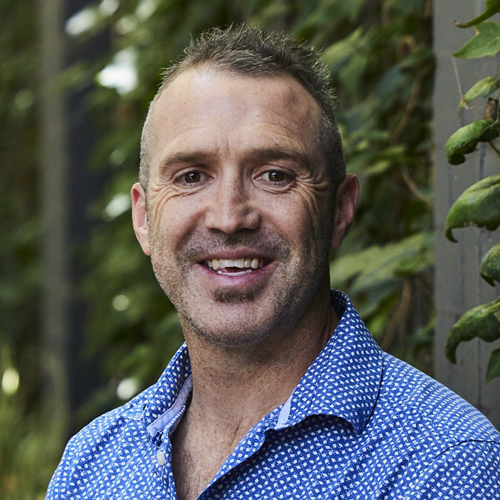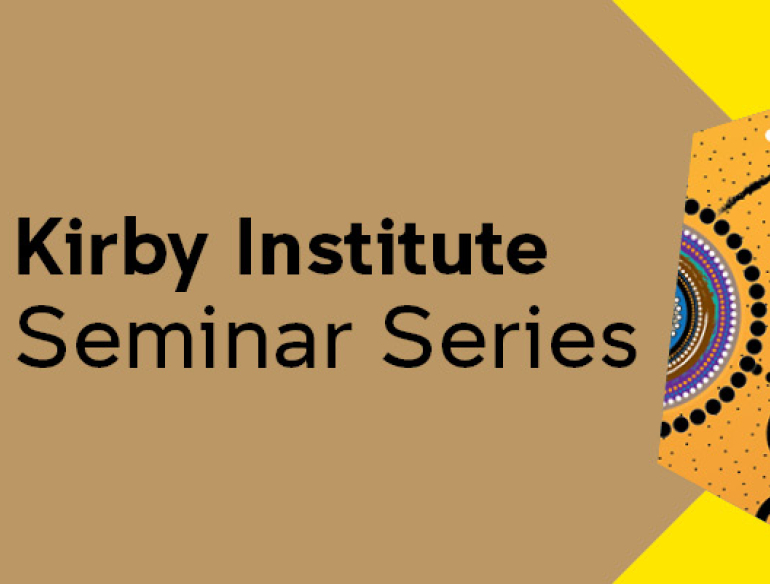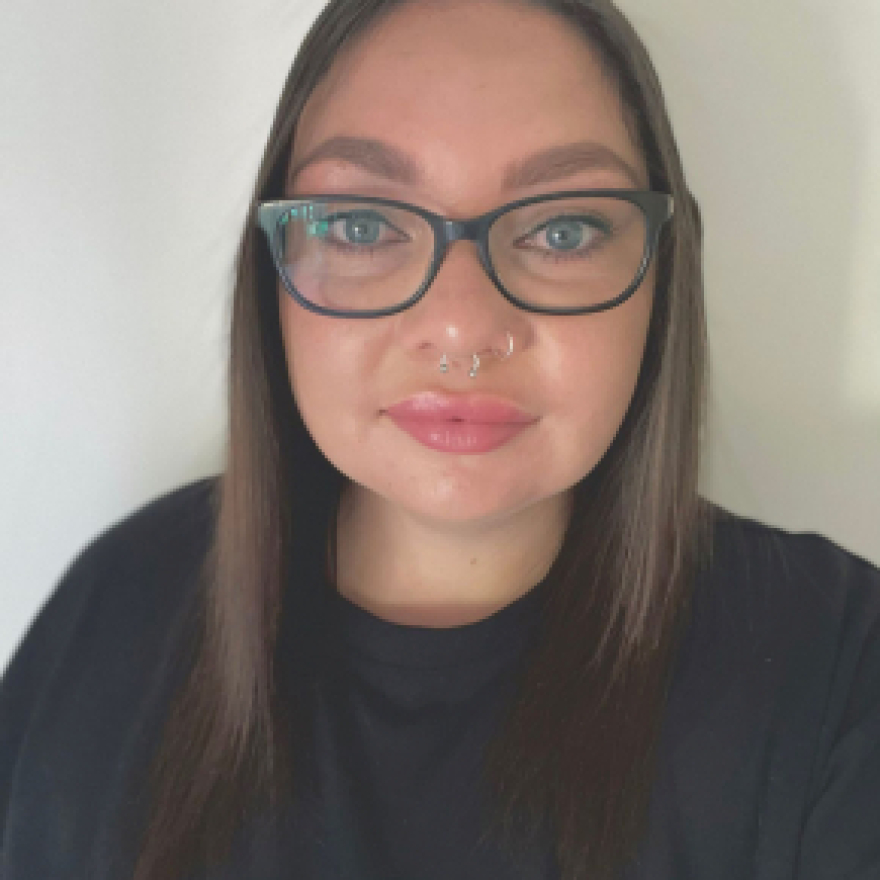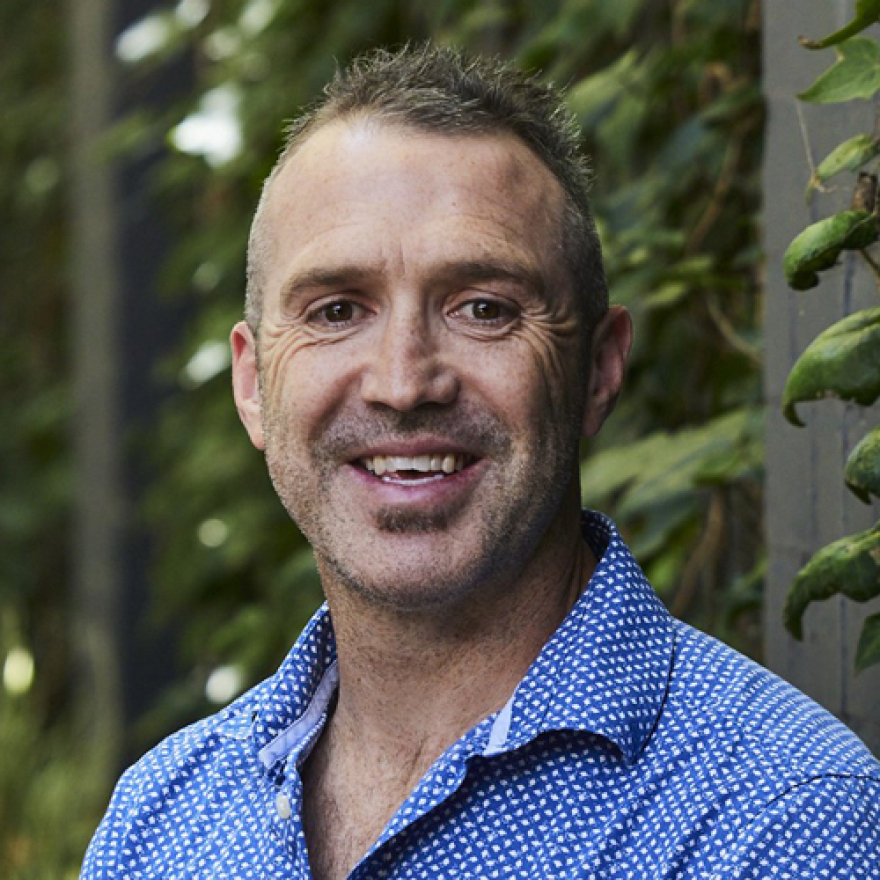NAIDOC Week is an opportunity to celebrate and recognise the history, culture, expertise and achievements of Aboriginal and Torres Strait Islander peoples, and for all Australians to learn about First Nations cultures and histories and participate in celebrations of the oldest, continuous living cultures on earth.
The Kirby Institute is hosting a Speed Geek special event during NAIDOC Week, where we will hear about the innovative and impactful research taking place by Aboriginal people, with Aboriginal and Torres Strait Islander health services and communities.
Come along and hear from Kirby Institute and UNSW Medicine & Health colleagues in this engaging format. The ‘geeks’ (presenters) will rotate between five meeting rooms and present their research project in five minutes to a small group, with five minutes for questions.
This is an opportunity to learn about some of the important work taking place in a format that facilitates dialogue with the people undertaking this work. We hope you can join us!
The projects
- Sexual Health Enhanced Walkabout
- Check It Out, Check It Off
- Point-of-Care Hotline
Meet our geeks
 |
Ashton Williams is a proud Barkindji and Ngemba woman. Over the past 5 years she had worked at her local Aboriginal Medical Service in Mildura – Mallee District Aboriginal Services working in various roles in direct contact with her community. Ashton is currently working at The Kirby Institute in the Positive Results Response Team as part of the Aboriginal & Torres Strait Islander COVID-19 Point-of-Care Testing Program. |
|
 |
||
 |
Brett Biles is a Murrawarri man from Brewarrina. He has been living on Wiradjuri country for the last 20 years. He holds a Bachelor of Physiotherapy, a Masters in Indigenous Health and a PhD. He is currently Associate Dean Indigenous with Medicine and Health and a Senior Scientia Lecturer. Prior to this he was the inaugural Director of Indigenous Health Education in the Office of Medical Education, UNSW Medicine & Health. With a passion for education health equality, Brett is an early career researcher with a keen interest in Aboriginal men's health and cardiovascular disease. |
|
 |
||
 |
Hayden Crowley is proud Aboriginal man, North Queensland raised with connections to the Kalkadoon and Jirrbal people. He is a Project Research Officer at the Kirby Institute with the Aboriginal and Torres Strait Islander Point-of-Care Testing for Respiratory Infection Program. In 2017 Hayden started as a community liaison officer for Yulu-Burri-Ba, a community-controlled health service, where he completed his CERT IV Aboriginal and Torres Strait Islander Health Worker. By 2021, he spent 12 months as an Aboriginal Health Worker in the cardiology ward at the Princess Alexandra Hospital in Brisbane where he was a part of a team named ’Better Cardiac Care’. Hayden is a Project Research Officer at the Kirby Institute, UNSW with the Aboriginal and Torres Strait Islander Point-of-Care Testing for Respiratory Infection Program. This program is supporting 105 remote communities around Australia to provide immediate and local response to the pandemic. |
|
 |
||
 |
Jackie Thomas is a proud Kamilaroi women and mother. Over the past 11 years she had the pleasure of working alongside and with the Aboriginal Communities within the North Coast Public Health footprint in a variety of roles, mostly ground level Aboriginal health positions and administration. Jackie is a Research Officer at the Kirby Institute, working on projects on the impact of community-wide azithromycin distribution for trachoma control and on STIs in remote Aboriginal and Torres Strait Islander communities in the Northern Territory. |
|
 |
||
 |
Robert Monaghan is a descendant of the Bundjalung (on his Grandmother’s side) and Gumbaynggir (on his Grandfather’s side) Nations. He has worked within the Aboriginal community-controlled health sector with national, state and local governments for over 25 years. Robert is the Kirby Institute’s inaugural Manager of Aboriginal and Torres Strait Islander Health Research. In this role, he leads the development of systems, policies, and a cultural framework to support the Kirby Institute’s Aboriginal and Torres Strait Islander health research, is Chair of the Aboriginal and Torres Strait Islander health research advisory committee, and a member of the Executive Committee. Robert has a diverse range of learnt and lived experiences that he attributes to working in and with communities that are passionate about equality for Aboriginal people and culture. Throughout his career, he has been exposed to a diverse range of client groups, services models and practices, working environments, and stakeholders, which have enabled him to apply a high level of flexibility and proficiency in communication, innovation, management, research, and technical expertise. |
Opinions expressed in the Kirby Institute Seminar Series are solely those of the speaker and do not necessarily represent the views or opinions of the Kirby Institute or UNSW.


